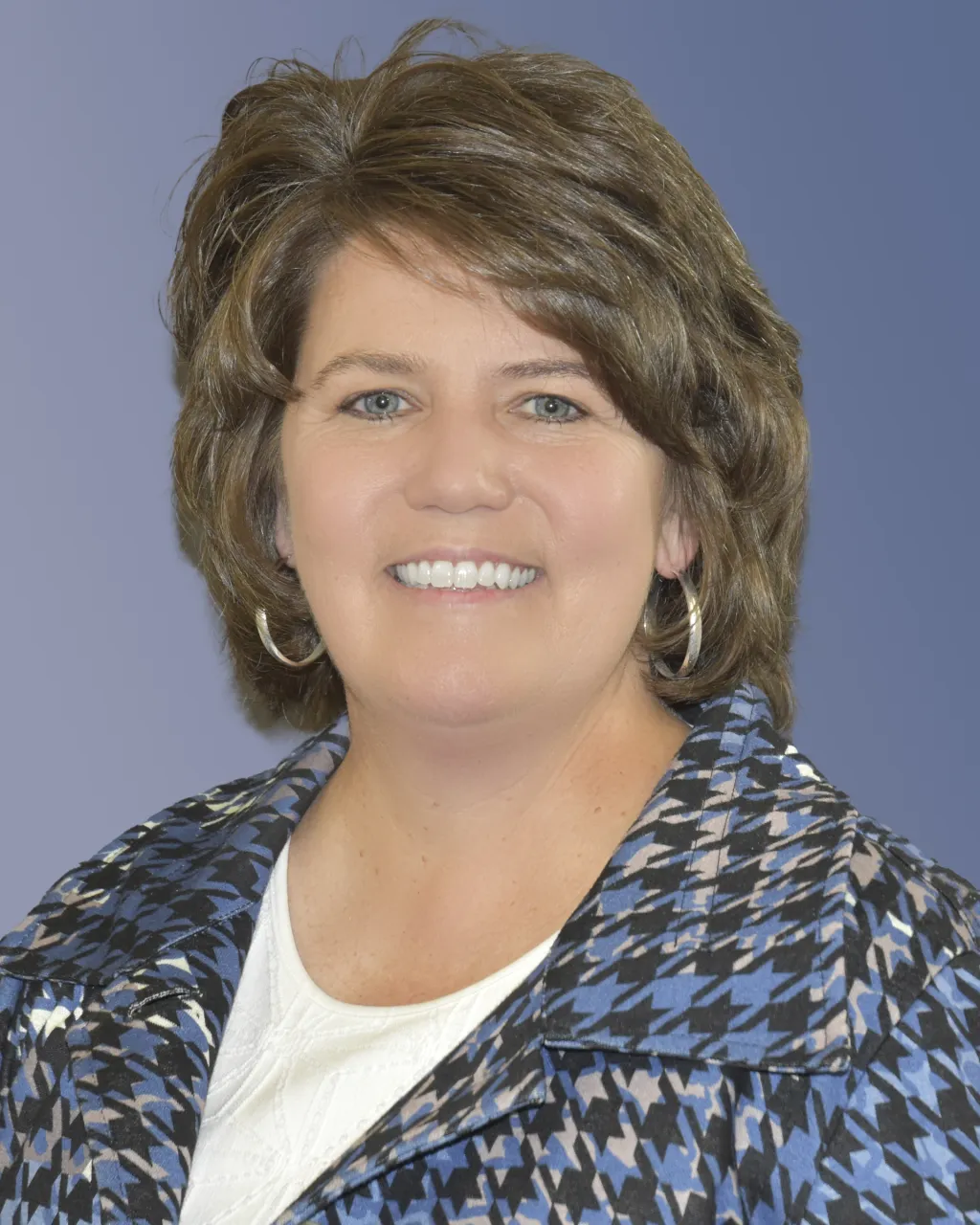
For information on submitting an obituary, please contact Reading Eagle by phone at 610-371-5018, or email at obituaries@readingeagle.com or fax at 610-371-5193.
Most obituaries published in the Reading Eagle are submitted through funeral homes and cremation services, but we will accept submissions from families. Obituaries can be emailed to obituaries@readingeagle.com.
In addition to the text of the obituary, any photographs that you wish to include can be attached to this email. Please put the text of the obituary in a Word document, a Google document or in the body of the email. The Reading Eagle also requires a way to verify the death, so please include either the phone number of the funeral home or cremation service that is in charge of the deceased’s care or a photo of his/her death certificate. We also request that your full name, phone number and address are all included in this email.
All payments by families must be made with a credit card. We will send a proof of the completed obituary before we require payment. The obituary cannot run, however, until we receive payment in full.
Obituaries can be submitted for any future date, but they must be received no later than 3:00 p.m. the day prior to its running for it to be published.
Please call the obituary desk, at 610-371-5018, for information on pricing.
Dr. Cathy Taschner
Schuylkill Valley School District
Every school year brings its share of joys and challenges. Some are small, while others can impact the entire system. This year, the state budget, which has not yet been passed, provides a common and pressing challenge for schools.
As districts wait on final funding, we find ourselves balancing planning with patience. School officials continue to make decisions that impact students and staff while working within the uncertainty that comes when resources are not yet defined. It would be easy to see this as an obstacle. However, like the child in Kobi Yamada’s “What Do You Do With a Problem?”, schools can view the budget impasse as an opportunity and can discover the lessons hidden therein.
When a state budget remains unsettled, schools feel it deeply. Hiring, programming and planning all center on clarity of funding. In its absence, it’s natural for all involved to feel a sense of concern. Yet even in times of uncertainty, schools are remarkably resilient places. They are held together by a committed cadre of educators who continue to show up for children every single day.
It is also important to remember that our legislators face difficult work. Balancing the many priorities of an entire commonwealth — education, health care, infrastructure, and more — is no simple task. We recognize and respect the time, thought and responsibility that go into those decisions and are grateful for their commitment to finding a solution that supports all communities. Should the budget be passed by the time this is published, the lesson remains the same: How we face a challenge is as important as the challenge itself.
While adults discuss budgets, policies, contracts and curriculum, our students are paying attention — not to spreadsheets, timelines or single line items, but to us. They listen to how adults discuss challenges. They watch how we treat each other. They notice whether we stay focused on the work of schools or become distracted by frustration. Every hallway conversation, staff meeting and community forum becomes a classroom of its own.
As author Theodore Sizer reminded us, “The children are watching.” They watch to see whether our actions match our words, whether we handle pressure with integrity and grace, and whether we demonstrate what we ask of them.
When adults speak with respect — even when we disagree — students notice. When we express empathy for those experiencing challenges, they see how care and professionalism can coexist. Similarly, when we meet challenges with steadiness and hope, students learn that character is not about avoiding problems but about facing them with dignity and heart.
While we wait for budget clarity, moments like these remind us to stay focused on the mission. As Phillip Schlechty wrote in “Working on the Work,” the challenge for educators is not to complete tasks but to design work worth doing — work that engages and inspires students. Even amid funding uncertainty, the work of students remains foremost.
In Yamada’s story, the child discovers that “problems” hold a lesson — an invitation to grow stronger, wiser and more courageous. The delay in the state budget offers the same invitation: to lead with perspective, to choose grace over grievance and to show students what genuine community looks like.
When adults stay calm and collaborative, students learn that leadership is about steadiness, not status. When we listen more than we lament, students learn how strength and kindness coexist. And when we continue to show up for one another with respect, empathy, and purpose — even when we disagree — students learn what character truly looks like.
Eventually, the budget will pass. But what will last longer than any financial outcome is the example we set right now — during this challenge, and every challenge we face.
Ultimately, the real lesson is not about budget, funding, or facilities. It is about modeling the kind of strength and compassion we want our students to carry into the world. Those lessons cost nothing, but are ones worth teaching every day.
Dr. Cathy Taschner is superintendent of the Schuylkill Valley School District based in Leesport, Berks County.